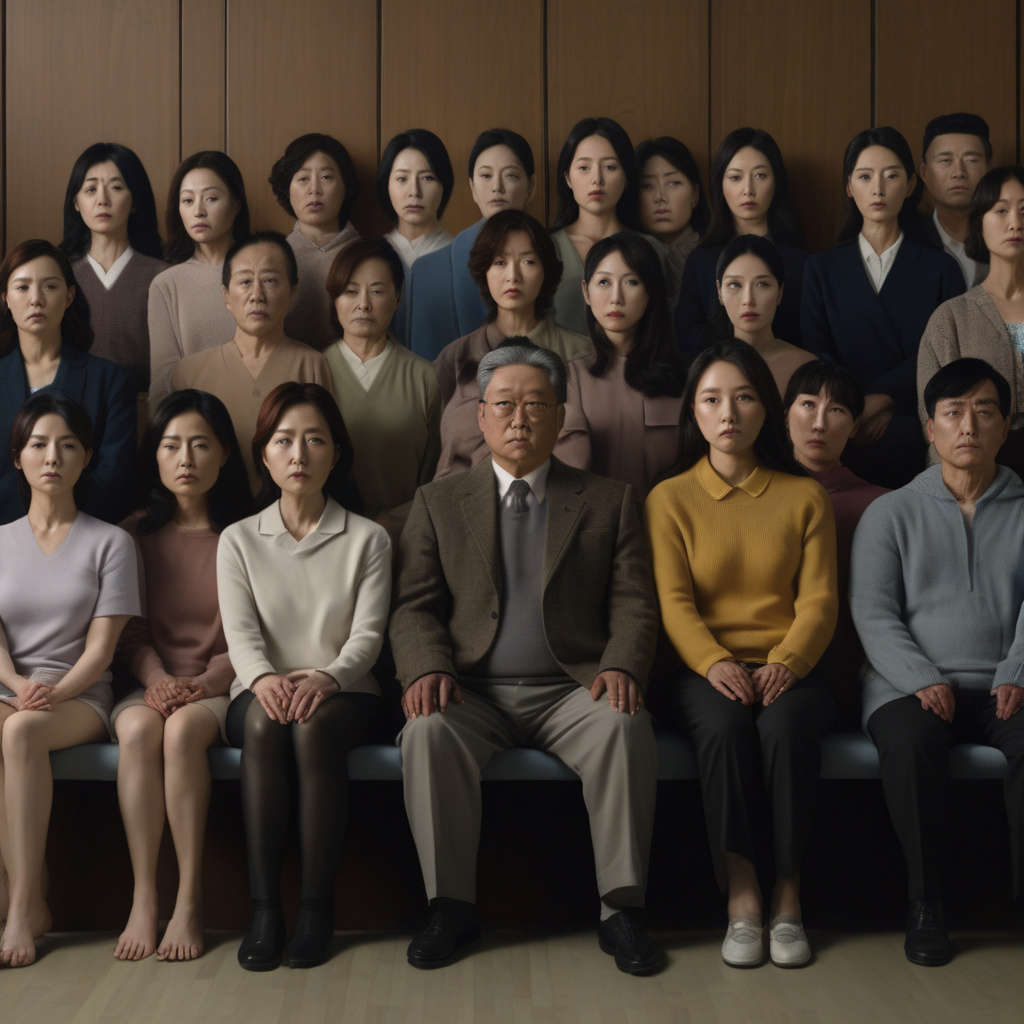AI-Driven Sex Crimes in Korea: The Alarming Rise of Victims
In 2024, over 10,000 victims in South Korea sought help for digital sexual abuse, shedding light on the dark reality of AI-driven sex crimes. The intersection of technology and exploitation has created a breeding ground for perpetrators to prey on unsuspecting individuals, leaving a trail of devastation in its wake.
The proliferation of artificial intelligence has undoubtedly revolutionized various aspects of our lives, from streamlining processes to enhancing user experiences. However, the darker side of this technological advancement has manifested in the form of AI-driven sex crimes, with Korea facing a surge in reported cases.
One of the most insidious aspects of AI-driven sex crimes is the anonymity it provides perpetrators. Through the use of AI-generated images and videos, individuals can be targeted and manipulated without their consent, leading to severe emotional and psychological distress. The victims of these heinous crimes often find themselves trapped in a cycle of fear and shame, reluctant to seek help due to societal stigma and misconceptions.
Moreover, the rapid evolution of AI technology has outpaced legislative and regulatory frameworks, creating loopholes that perpetrators exploit to commit digital sexual abuse with impunity. The lack of accountability and consequences further embolden offenders, perpetuating a vicious cycle of exploitation and victimization.
In light of these alarming trends, it is imperative for authorities and tech companies to collaborate on implementing robust measures to combat AI-driven sex crimes effectively. This includes investing in AI-powered detection tools to identify and remove illicit content promptly, as well as raising awareness among the general public about the risks and consequences of digital sexual abuse.
Furthermore, victim support services must be strengthened to provide comprehensive assistance to those affected by AI-driven sex crimes. Counseling, legal aid, and rehabilitation programs can help survivors navigate the complex aftermath of exploitation and reclaim their sense of agency and dignity.
Ultimately, addressing the root causes of AI-driven sex crimes requires a multi-faceted approach that combines technological innovation, legal reform, and societal change. By fostering a culture of zero-tolerance for digital sexual abuse and holding perpetrators accountable for their actions, we can strive towards a safer and more secure digital landscape for all.
The rise of victims of AI-driven sex crimes in Korea serves as a stark reminder of the urgent need to address this pervasive issue. Through collective action and unwavering determination, we can stand in solidarity with survivors and work towards a future where technology is harnessed for good, not for exploitation.
AI-driven sex crimes, digital sexual abuse, Korea, victims, technological advancement
